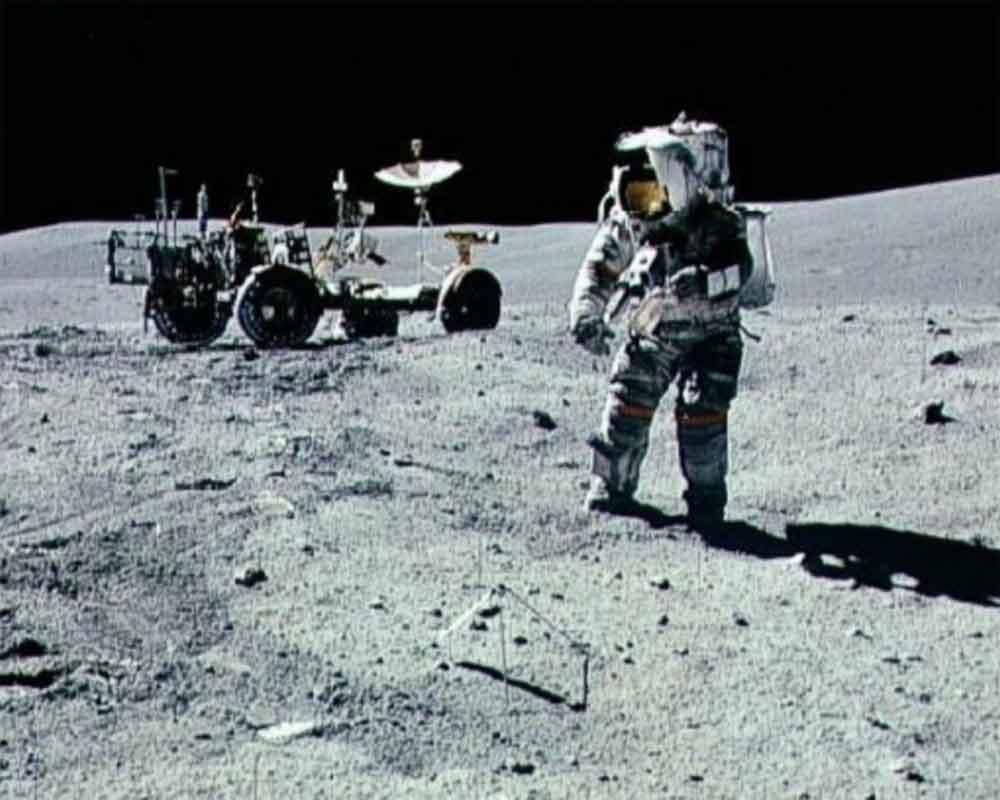India's second lunar mission Chandrayaan-2 with a lander and rover will be attempted in mid-April, a top space official said on Friday.
"We are targeting mid-April to launch Chandrayaan-2 as there were certain tests which could not be done in time for the earlier scheduled January 3 launch," Indian Space Research Organisation's (ISRO) Chairman K. Sivan told reporters here.
The details of the tests, which were yet to be performed for the mission, were not disclosed by the space agency.
The window to land on the lunar surface is open between March 25 till the end of April, Sivan said.
The Rs 800-crore Chandrayaan-2 mission comes a decade after the maiden mission Chandrayaan-1 was launched on October 22, 2008 from the country's only spaceport at Sriharikota in Andhra Pradesh, about 90 km northeast of Chennai.
The 3,890-kg Chandrayaan-2 spacecraft, to be launched onboard the Geosynchronous Satellite Launch Vehicle (GSLV) Mk-3, will orbit around the moon to study its conditions and collect data of its topography, mineralogy and exosphere.
After reaching the 100km lunar orbit, lander with rover will separate from the spacecraft and gradually descend to soft land on the moon at a designated spot. The rover's instruments will observe and study the lunar surface.
The lander has been named "Vikram" as a tribute to the pioneer of India's space programme and former ISRO chairman (1963-71) Vikram Sarabhai.
While Chandrayaan-1 reached the lunar orbit on November 8, 2008 and its impact probe crashed onto the moon on November 14, 2008, the 675kg spacecraft was lost on August 29, 2009 after orbiting at 100km away from its surface and mapping its chemical, mineralogical and photo-geologic properties for over nine months.
Meanwhile, Israel, which is planning to launch its lunar mission in February, will most likely be the fourth nation to land a spacecraft on the moon, after China in December 2013, the US in 1969 and then Soviet Union in 1959.

























